"I'm writing this to those of you in my life that don't quite understand what's going on right now. Who think that people are making too big a deal out of all this.
I wanted to blame you for not getting it, but maybe in some part, it's my fault.
It's my fault that I haven't told you my stories. It's rare that I've opened up about my pain. And because of this it's possible that I've left the impression that I haven't been affected. Maybe I'm the example that you go to when you make the argument about how everything's okay.
I haven't told you that I can't breathe.��
These are profound words from Formstack's founder, Ade Olonoh. They come from his recent article I Can't Breathe, which highlights some of his painful experiences as a Black man being raised in America.
As a White woman, I will never fully understand what Ade has experienced. I've never had to worry about what I wear while running, and no one has been forbidden to date me because of the color of my skin. But sadly, for Ade, these experiences are a part of life.
Yet we often don't talk about these things. Many of us do not know the ins and outs of this sad "normalcy�� created by racism within our own country. For the Black community, there are many "unwritten rules�� to follow to ensure they stay safe and get home alive.
Why are these conversations just now coming to light? We've long ignored the need to talk about race, whether it be with our families, children, or even in the workplace. It's time to stop avoiding difficult conversations.
When we avoid conversations about race, we allow ourselves to be fooled into believing that racism does not exist. Avoiding conflict or uncomfortable conversations can create huge blind spots to the largest issues within our society.
This is why it is so important to talk about race. We can no longer let this topic go unspoken at the dining room table or watercooler.
��
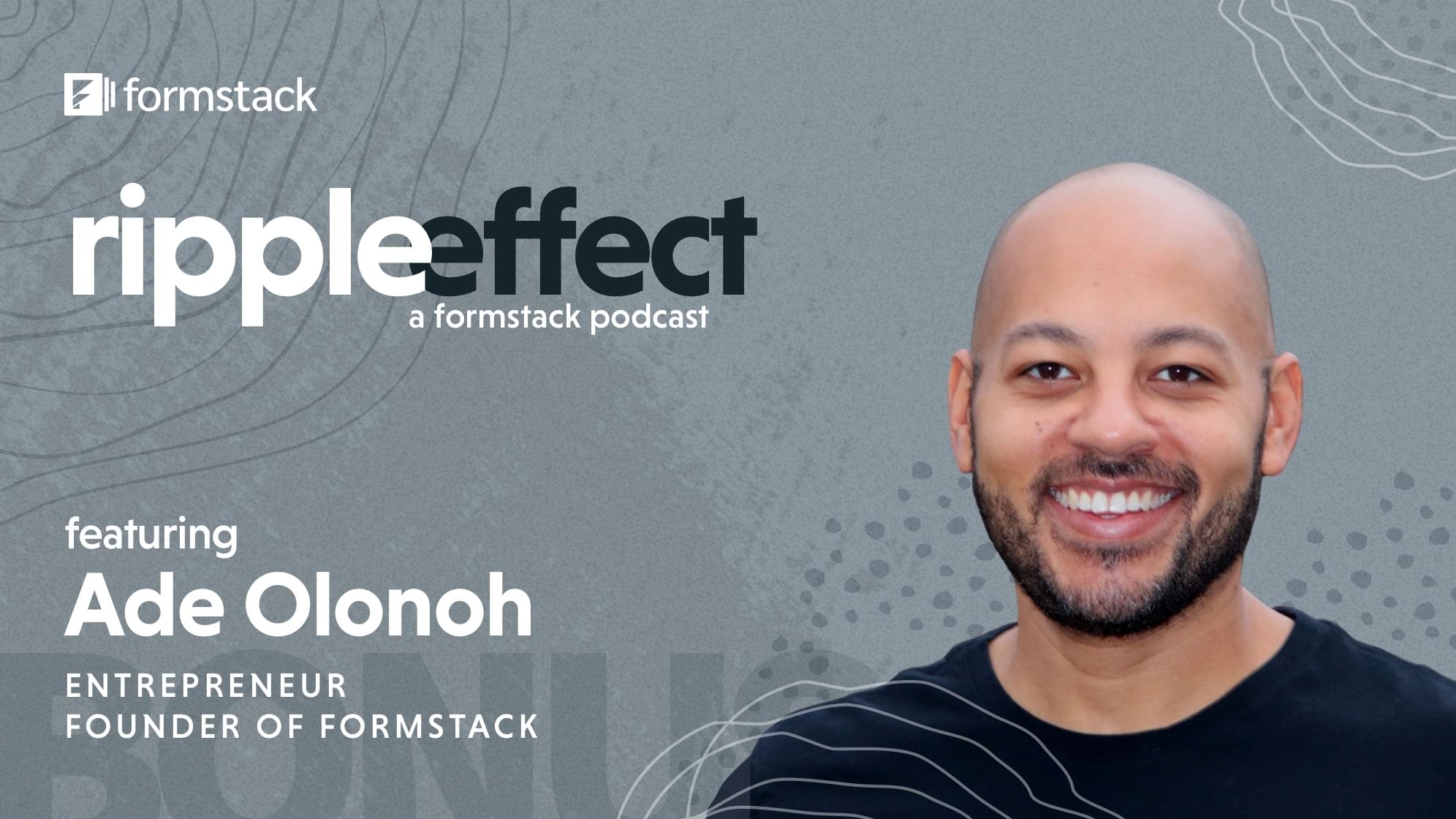
To help spur more conversations on race, Formstack's CEO Chris Byers had an open and vulnerable conversation with Ade Olonoh on a bonus episode of our Ripple Effect podcast.
As an entrepreneur, CEO, and tech founder, Ade is an inspiring leader who has the needed mix of brain, drive, and heart that leads to success. He's grown companies to 30 million users and raised over 16 million in funding. Yet one hurdle has always stood in his way: "You never really know what opportunities you lost because of the color of your skin,�� he said.
Below are five quotes from Ade that speak to the need to have conversations on race. They touch on why systemic racism still exists, what organizations can do to help dismantle these systems, and how conversations can be a gateway to helping others���and ourselves���better understand and take action against racism in America.
��
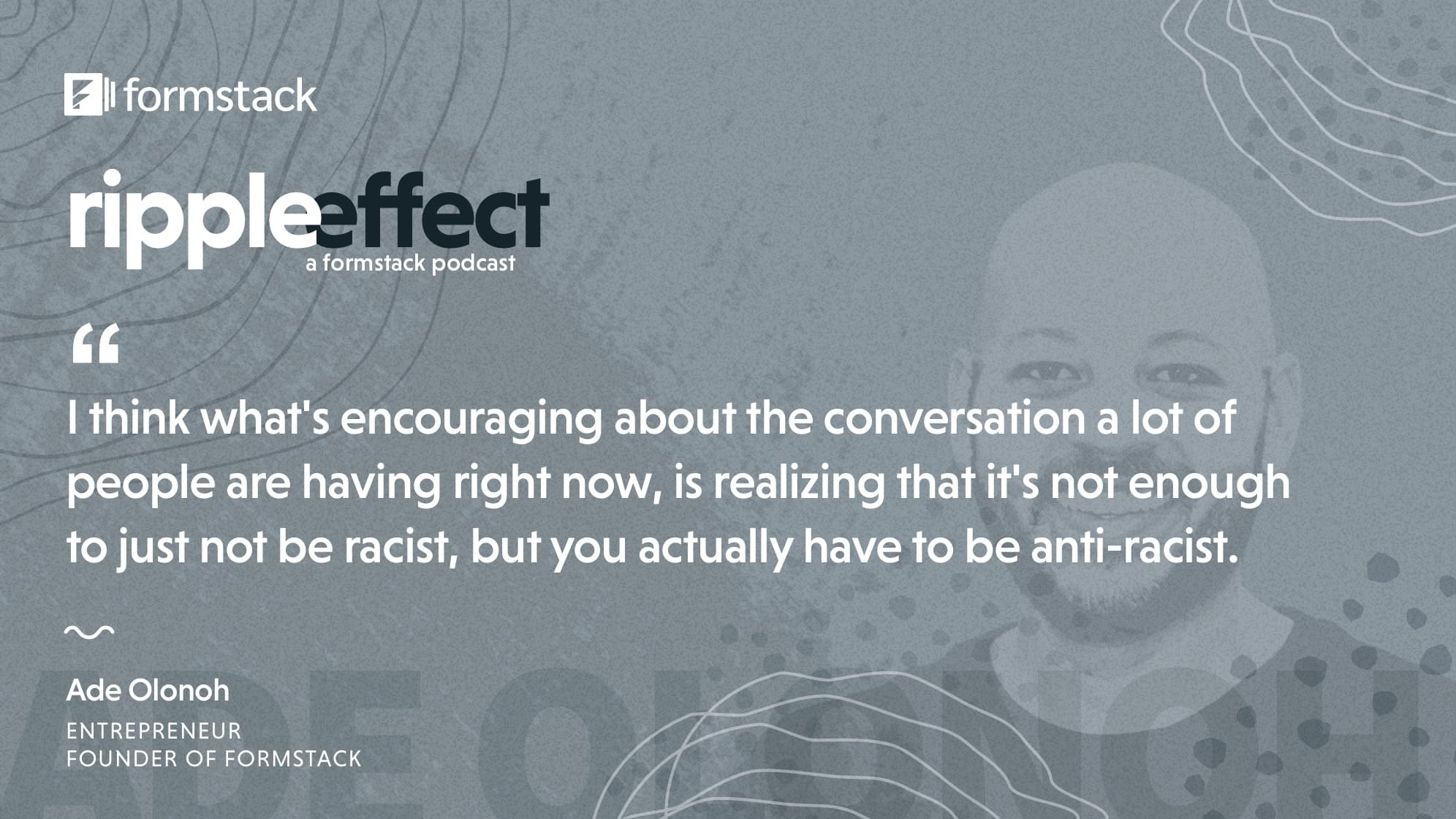
Of all Ade's quotes, this one stands out as the most powerful. It's not enough to simply say, "I'm not a racist.�� Honestly, it's not even enough to say, "I'm anti-racist.��
You should say you're anti-racist, but the time has come for us to extend past just saying something. It's time to do something.
As Ade continues, "It's about recognizing that there's systemic racism in this country. You have to be proactive to counteract that. It's not enough to say we welcome everybody. You actually have to seek out and maybe work a little bit harder to make sure that people from underrepresented groups know that they're welcome there and that you're reaching out to hire those people.��
Words can only go so far and make so much change. Taking action on those words is the next step in truly dismantling systemic racism in America.
But that's not to say that you can't use your voice to impact others. Action should come alongside words.
As Ade says, "We should talk about race. I've always struggled as somebody who's trying to succeed professionally. There are a lot of Black people in the workplace who struggle with this. If you talk about race, then you're kind of going to be pigeonholed into this point of view where you're somebody who always brings up this issue, and it makes it uncomfortable for others. I have, unfortunately, swung too far to the other side where I don't talk about that publicly. It's a kind of struggle with what's the right way to approach that and how do I tell the story in a way that people would listen.��
��
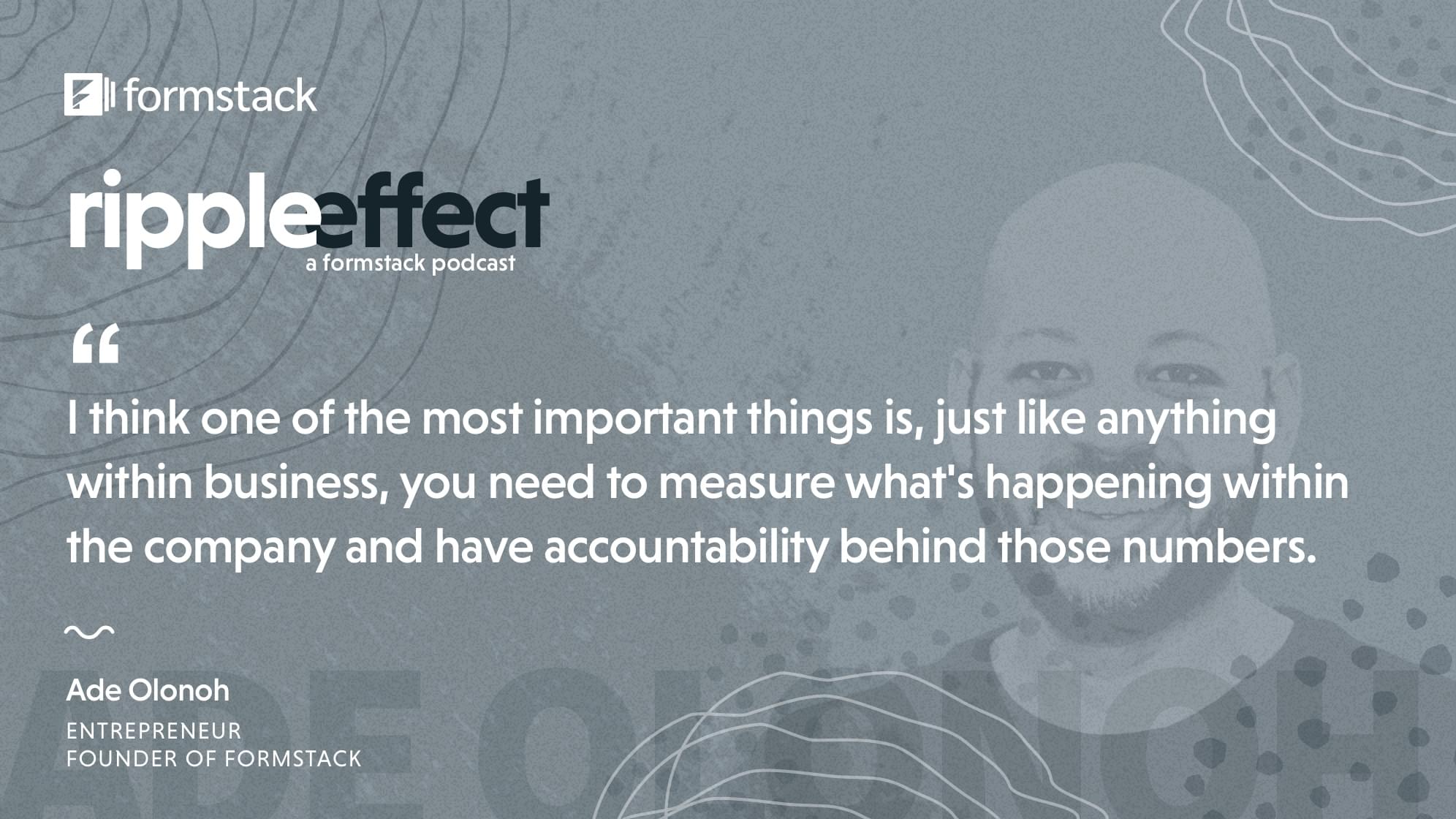
When taking action, it's important to be clear and transparent on what you are doing and how it is working out. Otherwise, it may seem like another "nice initiative�� on paper without any proven results. That's the last interpretation you want when trying to make positive, impactful change.
In regards to making changes around diversity, inclusion, and belonging within your organization, it's important to put the resources behind the initiative to actually make it work.
Ade points out, "I think this moment we all have to ask ourselves, ���Yes, we care about these issues. But how much should we care about them?' Do we care about it enough to really make it one of the key corporate initiatives and put money and time behind it? And that may mean hiring more people within the company to really spearhead these initiatives to that point.��
So whether you're trying to improve retention of employees, recruit more diverse candidates, or creating special interest groups for underrepresented people, it's helpful to report on the results to provide transparency into the progress being made.
��
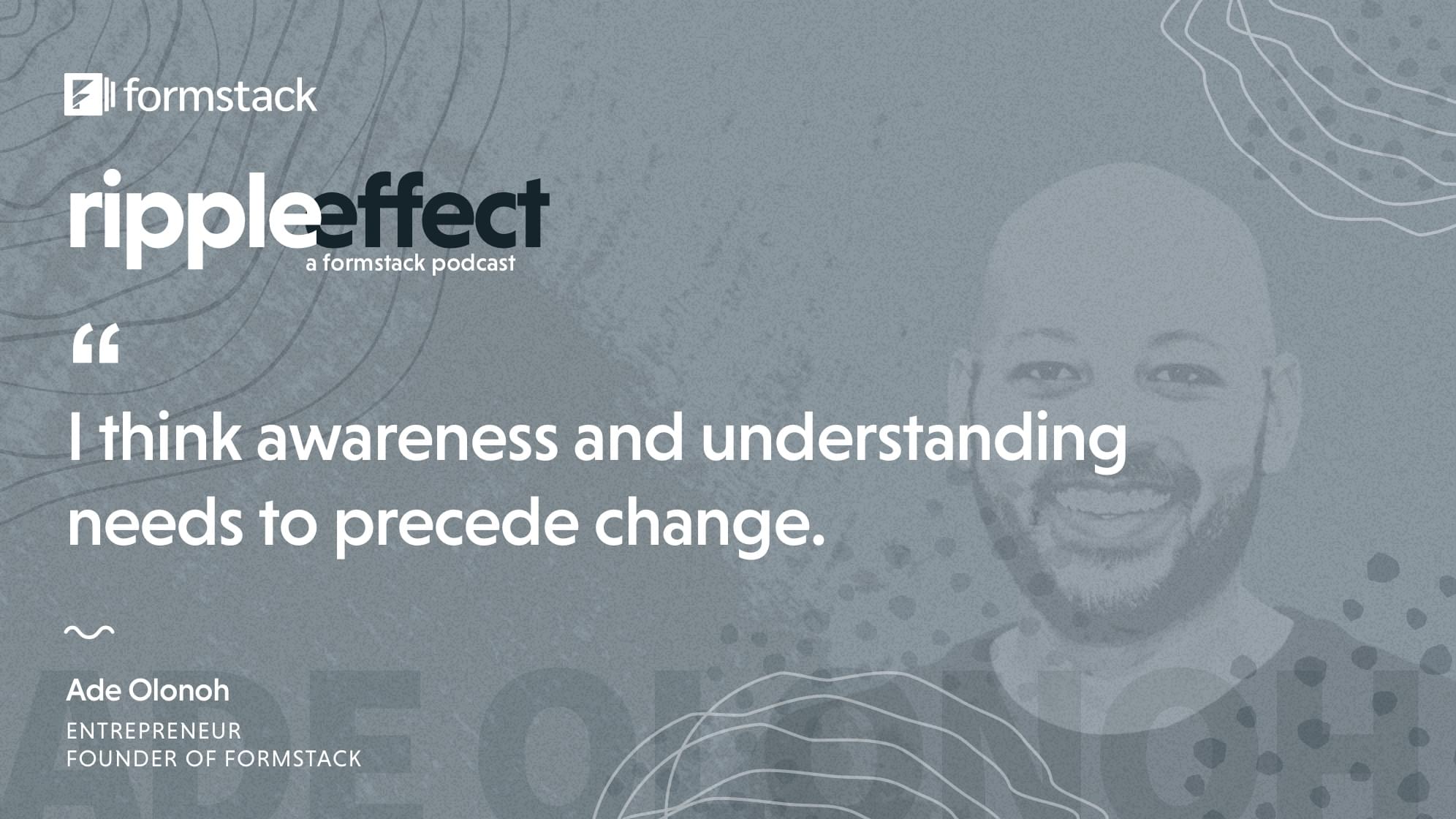
Before you jump into trying to make change, it's important to get a true understanding of the issue. You can't find a solution to a problem if you don't truly understand the root of the problem.
Education and conversation are the building blocks needed to make the right decisions on how to take action. The topic of systemic racism is a complicated, multi-layer issue that has developed over hundreds of years. Ade mentions that there's no silver bullet to solving racism, but there are things we can do to slowly begin to make things better.
One of those things is educating ourselves on the history, background, and impact of systemic racism in America.
"I think it's important for people to start somewhere that really kind of touches on both the history of systemic racism in this country and then kind of a full comprehensive overview of where we are today in terms of the criminal justice system. I'd say you start there, and that at least helps launch a starting point to see what and where you might want to dig deeper, to kind of understand different components better,�� Ade said.
He recommends starting with the documentary "13th."
��
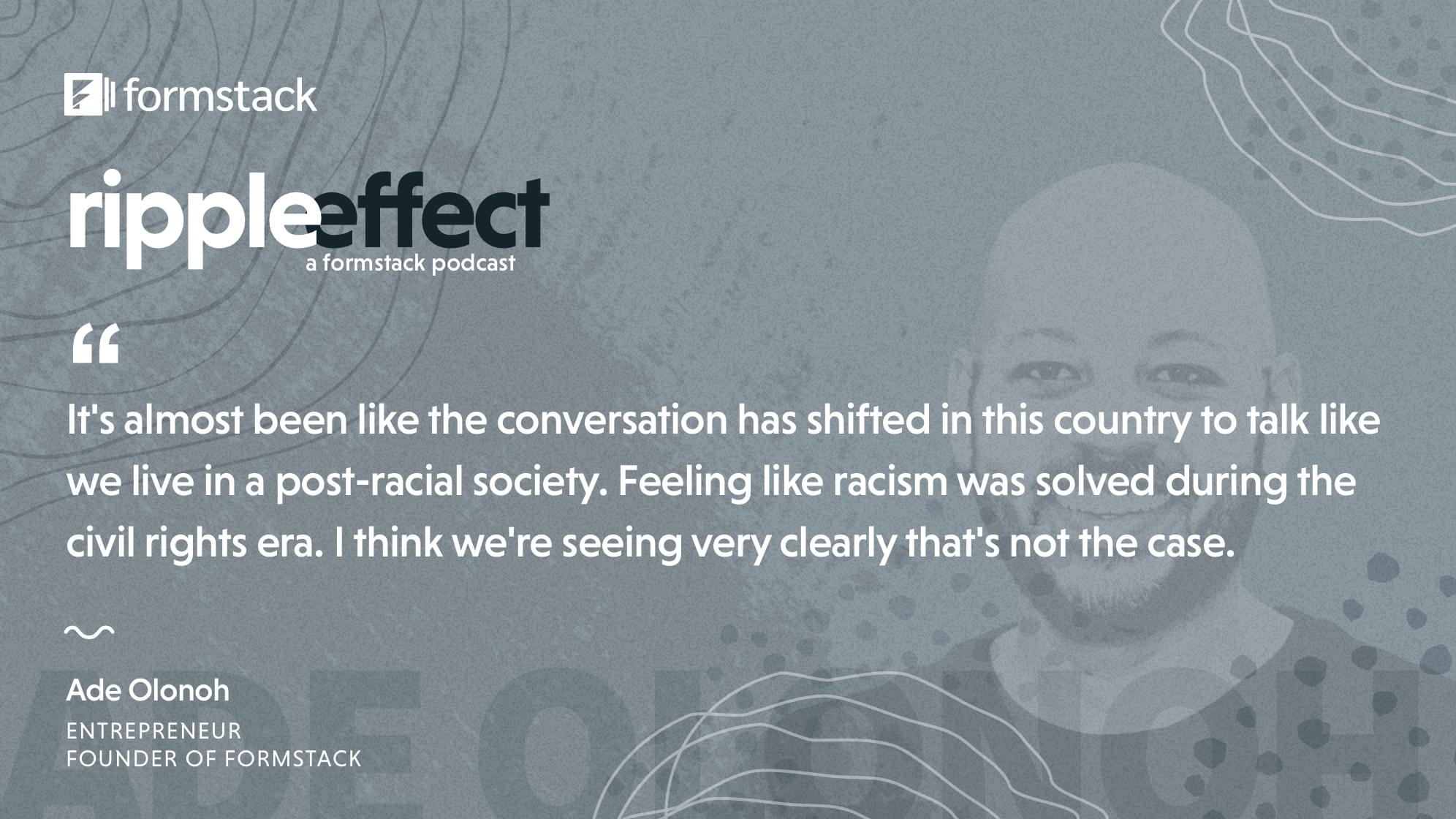
Silence is not a solution. It's important to talk about the realities of the world and not see it through rose-colored glasses.
At the same time, it's crucial that we all develop a real understanding of the injustices that have been building over time���not just over decades, but hundreds of years. And these injustices are nowhere close to being solved. Progress has been made, but the Black community still has yet to recover from history.
Ade makes this point: "The injustices that happened in this country really weren't that long ago. Especially when you think about it in the context of how it's affecting people's lives today. When Black people in this country started with nothing and weren't allowed to accumulate wealth and have basic freedoms, those things still matter and make a difference today. That's the reason why the average net worth of Black households today is a tenth of that of White households.��
��
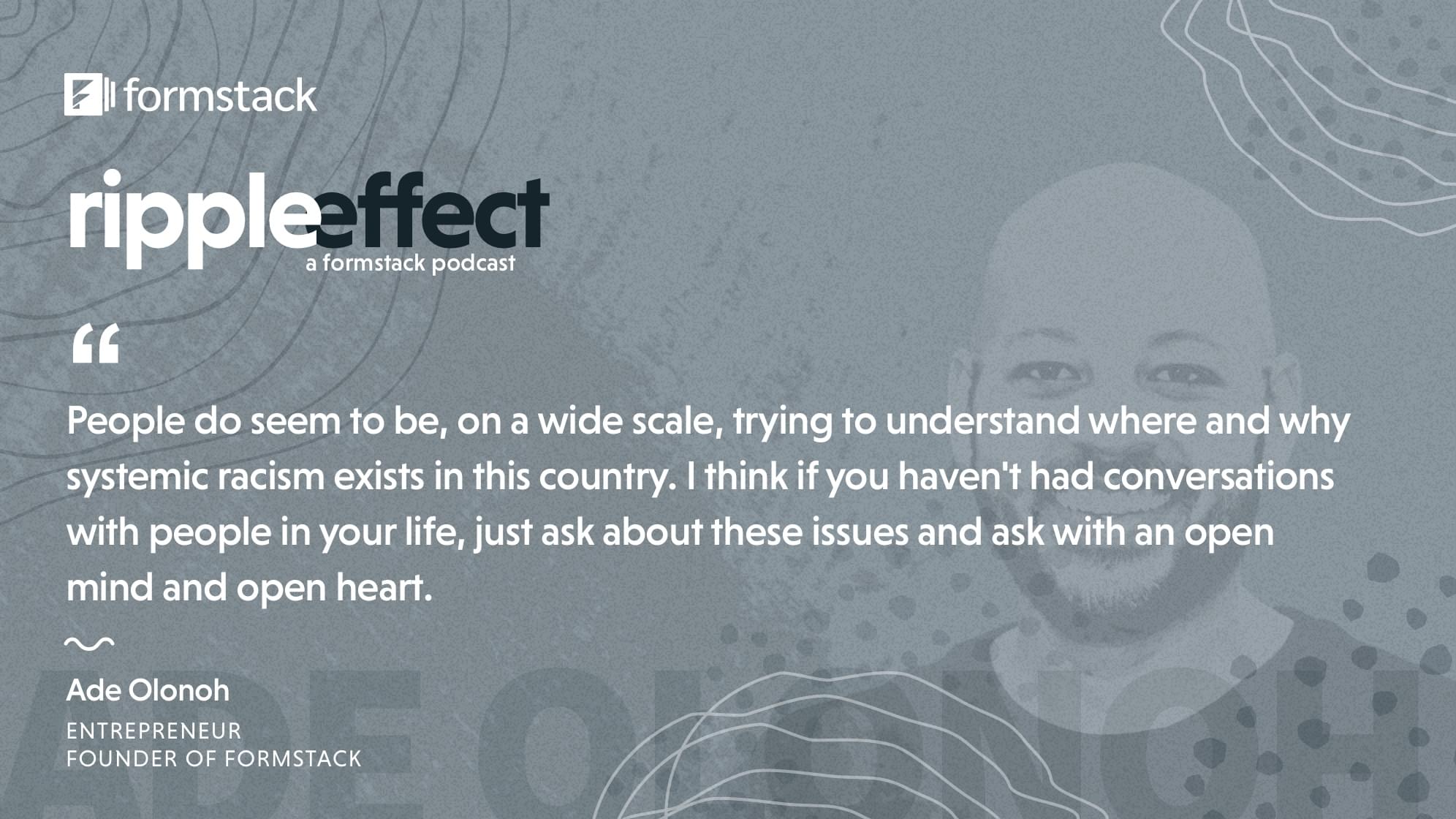
The issues the Black community faces every day are real, and they must be talked about. Silence adds to the injustice.
Now is the time to have open, honest, and vulnerable conversations with people in your life. If you're unsure how to begin, that's ok. You just have to try. It gets easier every time.
Be weary of what you see on social media, but also know that there are plenty of helpful resources out there for having difficult discussions on race, systemic racism, and bias. Consider checking out content by the American Civil Liberties Union or Equal Justice Initiative.
A friendly PSA from Ade to keep in mind is that "we all need to be mindful that not every person of color really wants to have these conversations at the moment, just depending on where they are and their emotional journey.��
It's Time to Talk About Race
Now is the time to educate ourselves, listen to others, and lean into things that might be uncomfortable at first. Have a conversation about race. Educate yourself on systemic racism. Look for perspectives outside of your own to encourage growth, advancement, and positive change.
We thank Ade Olonoh for sharing his story and taking the time to have this important conversation.
��
Listen to Ade's full interview on the Ripple Effect podcast episode Perspectives on Systemic Racism with Formstack Founder Ade Olonoh.











